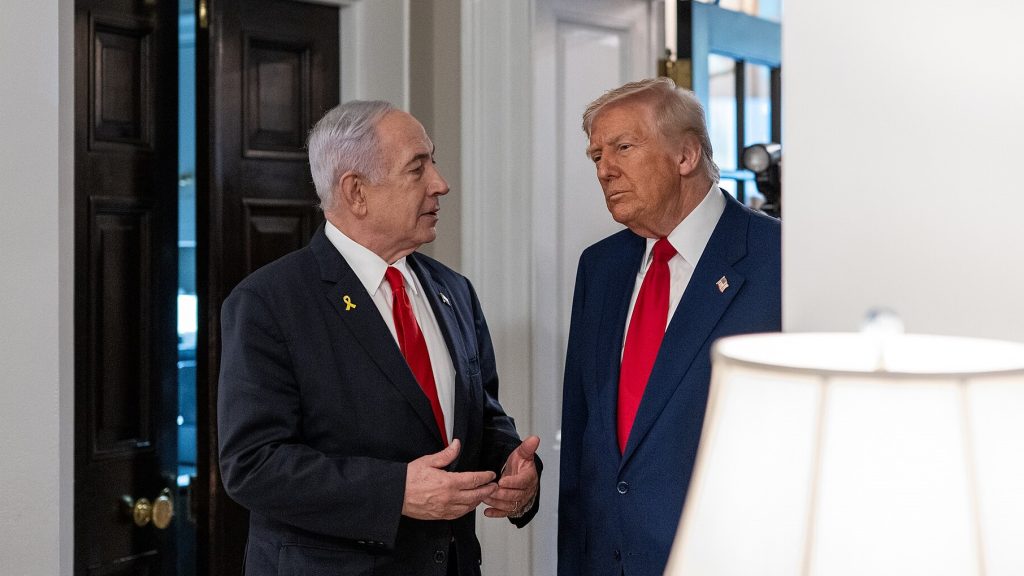Amid escalating airstrikes between Israel and Iran, U.S. President Donald Trump remains noncommittal on American involvement, while both sides sustain heavy losses and world leaders push for de-escalation.
Others are reading now
Israel has intensified its campaign against Iran’s nuclear infrastructure, striking key facilities, while Iran retaliated with missile attacks that hit densely populated areas in Israel.
As the conflict edges toward broader international involvement, diplomatic efforts are underway to prevent further escalation.
Israeli Strikes Target Nuclear Sites and Military Command
According to Reuters, Israeli aircraft struck the Khondab heavy-water reactor and the Natanz site, both central to Iran’s nuclear programme.
These attacks followed earlier bombings that reportedly decimated Iran’s military leadership and disrupted its nuclear capabilities.
Also read
Iranian sources confirm that the Khondab area was evacuated prior to the strike, and no radiation leaks have been detected.
Meanwhile, Israel maintains its goal is to neutralize Tehran’s perceived nuclear ambitions.
Iranian Missile Barrage Hits Israeli Civilian Targets
In retaliation, Iran launched missiles that struck urban and civilian areas within Israel, including a hospital in southern Israel.
Emergency services report five people seriously injured and dozens more affected in various locations, including a residential zone in Ramat Gan near Tel Aviv.
The Iranian Revolutionary Guard states the missiles targeted Israeli military and intelligence assets near the hospital.
U.S. Stance Remains Unclear as Trump Skirts Commitment
President Trump has kept his intentions vague, stating, “I may do it. I may not do it,” when addressing possible U.S. involvement alongside Israel.
He also hinted at possible diplomatic overtures toward Iran, though he remarked it might be “a little late” for negotiations.
Meanwhile, Senate Democrats have called on Trump to seek congressional authorization before engaging the U.S. in military actions, warning against unilateral escalation.
Diplomatic Pressure Grows Amid Intensifying Conflict
Recognizing the risk of regional conflagration, leaders such as Germany’s Foreign Minister Johann Wadephul and France’s Emmanuel Macron are advocating for dialogue and caution.
Germany, France, and Britain are planning nuclear-focused diplomatic meetings with Iran in Geneva, aiming to secure assurances that Iran’s nuclear activities remain peaceful.
Russian President Vladimir Putin, meanwhile, has urged restraint and positioned Russia as a neutral mediator, emphasizing the need to preserve Iran’s peaceful nuclear rights while safeguarding Israel’s security.
Casualties Mount on Both Sides
The confrontation has claimed hundreds of lives. Iran reports over 224 fatalities from Israeli strikes, primarily among civilians.
Israeli officials have confirmed at least 24 civilian deaths caused by the Iranian missile barrage—the first time in decades that Iranian projectiles have breached Israeli air defences to this extent.
The International Atomic Energy Agency has noted Iran is currently in violation of its non-proliferation obligations for the first time in 20 years.
As the crisis continues to spiral, the world watches closely. Whether diplomatic interventions succeed—and whether the U.S. chooses to intervene—will determine if this clash remains contained or ignites a wider regional war.


